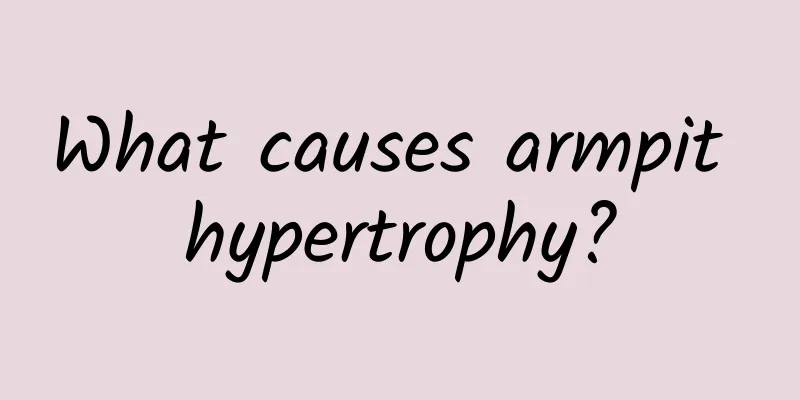Symptoms of heat cold, common cold in summer

|
When we catch a cold in the summer, it is called a heat cold, also known as a heat flu. It can cause fever, dizziness, runny nose, and loss of appetite. Don't think that this cold will get better without treatment. This kind of thinking often makes the cold worse. 1. The main symptoms of "heat cold" are: fever, dizziness or headache, sore throat, cough, sticky or yellow phlegm, nasal congestion and yellow nasal discharge, dry mouth and tongue, weakness in the limbs, loss of appetite, etc. 2. In addition to cold symptoms, "heat cold" also has fever, poor sweating, nausea and vomiting, diarrhea and abdominal pain. Treatment should be aimed at clearing away heat and dampness, relieving exterior symptoms and harmonizing the middle. You can choose Huoxiang Zhengqi oral liquid (10 ml), 3-5 ml for children over 7 years old, 2-4 ml for children 3-7 years old, twice a day. For children with chills and fever caused by wind-cold, food stagnation, or gastrointestinal cold accompanied by diarrhea and vomiting, Wushicha granules (powder) can be used; for those with summer heat and thirst, and children's prickly heat, they can use honeysuckle dew oral liquid; for those with summer heat and constipation, thirst, irritability, and mouth and tongue ulcers, Daochi Pills can be used, but children under one year old should use it with caution. 3. The symptoms of "heat cold" are mild, with only nasal symptoms, such as nasal congestion, clear runny nose, sneezing, and mild cough, and they can be cured within 3 to 4 days. If the pharynx is involved, there will usually be fever, sore throat, and swollen and painful tonsils. Fever usually lasts for 2 to 3 days. 4. If the symptoms are severe, there will be high fever, chills, headache, fatigue, and loss of appetite. Patients may have more frequent coughs, pharyngeal congestion, herpes and ulcers, tonsil exudate, and obvious pharyngeal pain. Inflammation can also cause swelling and pain in the submandibular lymph nodes, and complications involving the sinuses, middle ear, and trachea. High fever in infants and young children can easily cause convulsions. 5. In viral infections, white blood cell counts are usually normal or low, while in bacterial infections, they are usually high. Since upper respiratory tract infections are mostly caused by viruses, antibiotics are not necessary, especially in the early stages of viral infection. If there is a bacterial infection, such as exudative tonsillitis or suppurative otitis media, the doctor will use antibiotics to treat it depending on the specific situation. If a child has a fever, you can take appropriate antipyretic measures under the guidance of a doctor, but do not use excessive doses of antipyretics to avoid a sudden drop in body temperature and collapse. If the child's cough is severe and affects his diet and sleep, he can take cough suppressants under the guidance of a doctor. |
<<: What are the disadvantages of acupuncture for weight loss?
>>: Experts recommend treatments for hepatitis A
Recommend
What is the principle of potato and egg poisoning?
Potatoes are a very popular ingredient because of...
Life expectancy of patients with epilepsy
There are already many epilepsy patients in our c...
Thyroid targeted therapy
The incidence and mortality rates of thyroid canc...
Why do polyps grow in the stomach?
Polyps in the stomach are gastric polyps, which r...
My period has been delayed for 3 days and has not come yet
Regular menstruation can help you calculate your o...
Self-regulation methods for male menopausal anxiety
Men will also have certain anxiety problems when ...
How to regulate the imbalance of yin and yang in the human body
Now, in our lives, many people hope to have a hea...
Is amine smell in leucorrhea a symptom of inflammation?
A normal person's leucorrhea should not have ...
The difference between rhinitis and sinusitis, 2 common differences
Rhinitis and sinusitis are both common diseases, ...
Can Chinese medicine facial mask remove freckles?
Facial freckles are a common skin problem, but fo...
Will my stomach get hard during contractions?
Uterine contraction mainly refers to the contract...
Is it serious to have uterine polyps?
The uterus is one of the most important reproduct...
The secret of scraping face slimming method: scrape away fat and give you a small V-face
I believe many people have the experience of scra...
What does high alpha peptide protein mean?
Nowadays, medical care is relatively advanced, an...
The efficacy and function of Tu Fuling
Poria is considered a common Chinese herbal medic...









